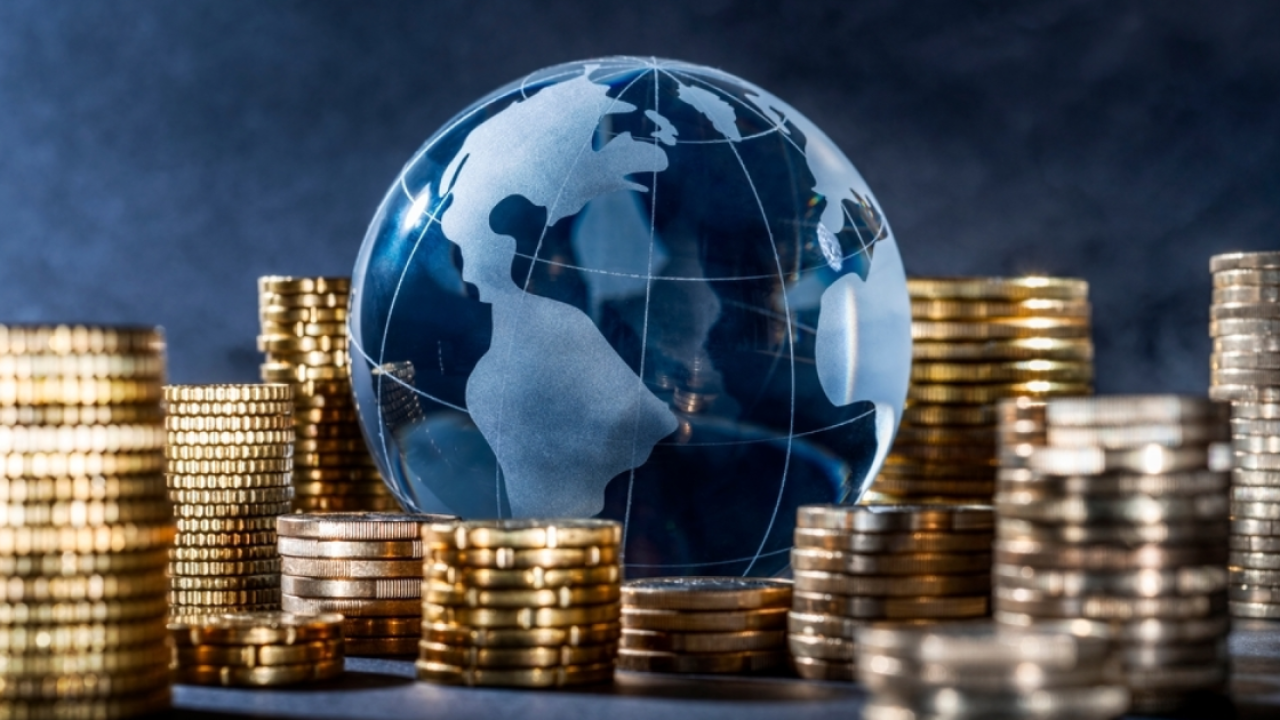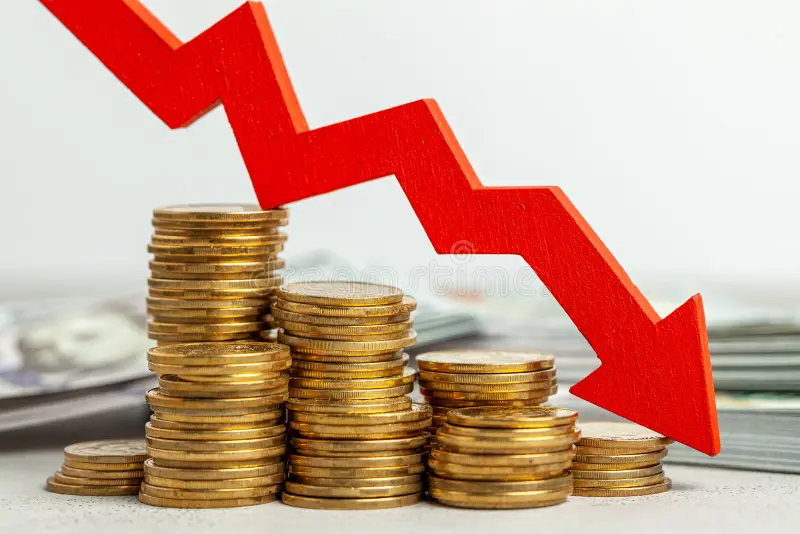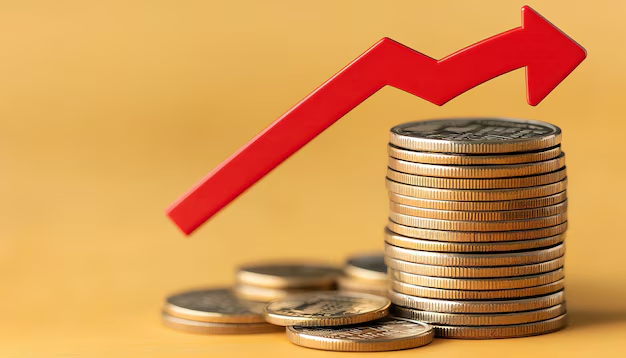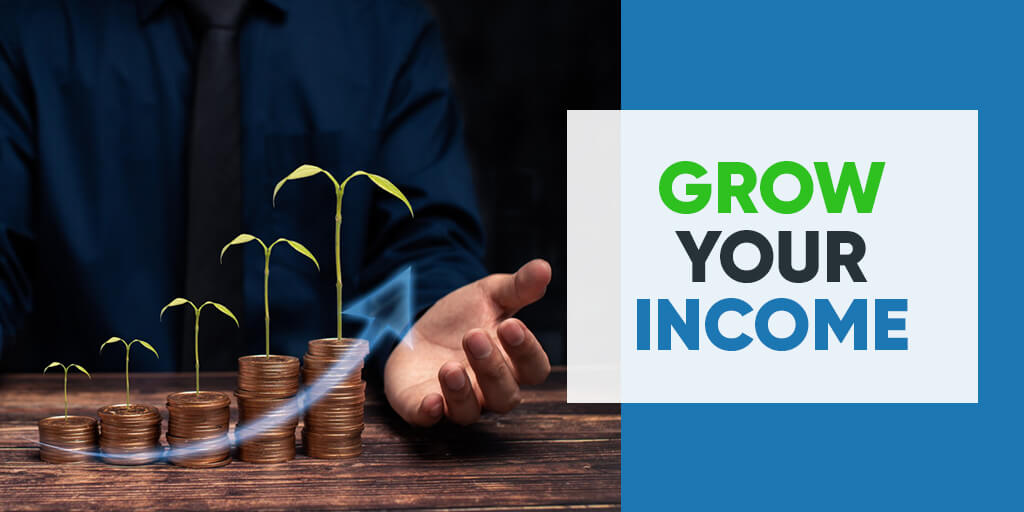As we look toward 2025, the global economy stands at a fascinating crossroads. The past few years have been a rollercoaster of unprecedented events, from a worldwide pandemic to surging inflation and complex geopolitical tensions. These factors have reshaped how we work, shop, and invest. Understanding the trajectory of these changes is essential for anyone looking to navigate the opportunities and challenges ahead.
This article will break down the key trends and predictions shaping the global economy in 2025. We’ll explore the lingering effects of the current climate and examine the major forces—like digital transformation and the green transition—that are set to define the next chapter. By the end, you’ll have a clearer picture of what to expect and how you can prepare for the economic landscape of tomorrow.
A Look Back: The Current Economic Climate
To understand where we’re headed, we must first understand where we are. The period between 2023 and 2024 has been one of careful adjustment. After the sharp economic shocks of the early 2020s, many nations have been grappling with persistent inflation. In response, central banks around the world, including the U.S. Federal Reserve and the European Central Bank, implemented aggressive interest rate hikes to cool down their economies.
This strategy has had mixed results. While inflation has started to recede in some regions, the higher cost of borrowing has slowed down economic growth. Businesses have become more cautious with investments, and consumer spending has tightened. Simultaneously, geopolitical factors have added another layer of uncertainty. Ongoing trade disputes and regional conflicts have disrupted supply chains and created volatility in energy and food markets, reminding us just how interconnected our global economy is. These conditions have created a fragile but slowly stabilizing foundation as we move toward 2025.
Key Economic Trends Defining 2025
Three powerful forces are reshaping our economic future. These trends aren’t just passing phases; they represent fundamental shifts in how the global economy operates.
The Unstoppable Rise of Digital Transformation
The digital economy is no longer a niche sector—it’s the backbone of modern commerce. The pandemic accelerated the adoption of digital technologies, and there’s no turning back.
- E-commerce and AI: Online shopping continues to grow, but now it’s getting smarter. Artificial intelligence is personalizing customer experiences, optimizing supply chains, and making marketing more effective than ever. Businesses that leverage AI to understand their customers will have a significant competitive edge.
- The Future of Work: Remote and hybrid work models are here to stay. This shift has profound economic implications, affecting everything from commercial real-sate markets to the demand for digital collaboration tools. In 2025, we can expect companies to continue refining their remote work policies to balance productivity with employee well-being.
The Green Economy Takes Center Stage
The transition to a sustainable economy is gaining momentum. Driven by consumer demand, government regulations, and a growing awareness of climate change, the green economy is becoming a major driver of growth and innovation.
- Renewable Energy Investment: Investment in renewable energy sources like solar, wind, and hydrogen is soaring. This isn’t just about environmental responsibility; it’s also becoming economically prudent as the cost of renewables continues to fall.
- Sustainable Practices: Companies are increasingly integrating sustainability into their core business strategies. From eco-friendly packaging to reducing carbon footprints, sustainable practices are becoming a key differentiator for consumers and investors alike. Businesses that fail to adapt risk being left behind.
Navigating Geopolitical Shifts
The global political landscape is in flux, with major implications for international trade and economic alliances.
- Evolving Trade Relationships: Tensions between major economic powers, like the U.S. and China, continue to reshape global trade flows. Many companies are diversifying their supply chains to reduce their reliance on single countries, a strategy known as “de-risking.”
- The Growth of Emerging Markets: While established economies navigate slower growth, emerging markets in regions like Southeast Asia, India, and parts of Africa present significant opportunities. These markets benefit from young populations, growing middle classes, and increasing digitalization, making them attractive hubs for investment.
Predictions for the 2025 Global Economy
With these trends in mind, what can we realistically expect in 2025? Here are some data-informed predictions for the year ahead.
Global Economic Growth
Most economists predict modest but steady global GDP growth in 2025. The International Monetary Fund (IMF) and other organizations forecast that growth will be uneven. Emerging markets are expected to expand more rapidly than advanced economies, which may still be dealing with the after-effects of high interest rates. The key will be whether major economies can achieve a “soft landing”—taming inflation without triggering a deep recession.
Inflation and Interest Rates
By 2025, inflation is expected to be much closer to the target rates set by central banks (typically around 2%). As inflation stabilizes, we can anticipate that central banks will begin to cautiously lower interest rates. This would make borrowing cheaper for businesses and consumers, potentially stimulating economic activity and investment. However, the timing and pace of these cuts will depend heavily on incoming economic data.
The Technological Impact on Jobs
The integration of AI and automation will continue to transform the job market. While some roles may be displaced, technology will also create new jobs that require different skills. The demand for workers with expertise in data science, AI development, and digital marketing will likely surge. In 2025, there will be a greater emphasis on upskilling and reskilling the workforce to adapt to these technological shifts.
Challenges and Opportunities on the Horizon
The economic outlook for 2025 presents both risks and rewards. The primary challenges include the potential for renewed inflation, geopolitical instability, and the social disruption caused by automation. Businesses and individuals must remain agile and prepared for uncertainty.
However, the opportunities are equally significant. The digital and green transitions offer fertile ground for innovation and investment. Businesses that embrace new technologies and sustainable practices can gain a competitive advantage. For individuals, the changing job market presents a chance to develop new skills and pursue careers in high-growth sectors.
Frequently Asked Questions
Which industries are expected to grow the most in 2025?
Sectors at the intersection of technology and sustainability are poised for major growth. These include renewable energy, electric vehicles, artificial intelligence, biotechnology, and cybersecurity.
How will the 2025 economy affect the average person?
The average person may see a stabilization of living costs as inflation cools. Lower interest rates could make mortgages and loans more affordable. However, the job market will become more competitive, placing a premium on digital skills and adaptability.
Should I be worried about a global recession in 2025?
While the risk of a recession has decreased, it hasn’t disappeared entirely. Most economists predict slow growth rather than a widespread downturn. The health of major economies like the U.S., China, and the Eurozone will be critical to watch.
Charting Your Course for 2025
The global economy in 2025 will be a complex environment defined by powerful, transformative trends. From the deepening integration of AI to the urgent push for sustainability, the forces shaping our world demand attention and adaptation. While challenges remain, the path forward is also filled with opportunities for those willing to innovate and embrace change. By staying informed and preparing for these shifts, businesses and individuals can not only navigate the future but also help shape it for the better.







Leave a Reply